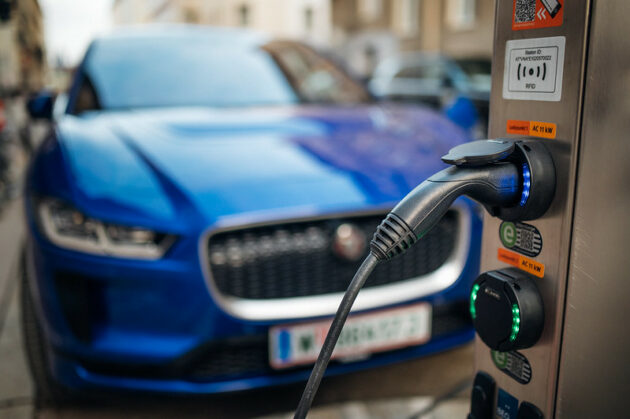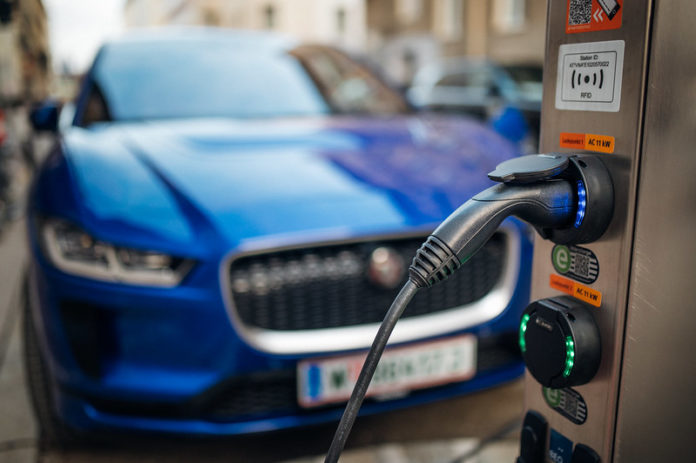
If you were counting on generous rebates from Washington state to help cover the cost of an electric vehicle purchase, you’re probably out of luck — at least for the time being.
The Legislature wrapped up its 2022 session late Thursday night without approving a generous suit of EV rebates proposed by Gov. Jay Inslee.
It did, however, approve $25 million for EV rebates starting later this year targeting what it calls “overburdened communities.” And there’s an additional $95 million earmarked to help consumers buy EVs, but it won’t come into play until the middle of next year and the terms of the program are not yet defined.
Lawmakers did take other steps to rev up the transition to electrification.
“Our fundamental policy choice this year was to focus on charging infrastructure,” said Sen. Reuven Carlyle, D-Seattle.
Legislative EV action included:
- $69.5 million for developing EV charging infrastructure in Washington for rural areas, multifamily housing, office buildings, schools and other public location;
- $3 million for charging infrastructure at state-owned sites;
- $8.5 million to map and forecast a plan for EV charging infrastructure;
- and a bill that prevents home-owner associations from restricting the installation of EV charging hardware.
The state also approved the nation’s most ambitious target for EV adoption. By 2030, all public- and privately-owned light-duty vehicles — including cars, SUVs and some pickup trucks — that are sold, purchased or registered in Washington should be electric. California, which has the highest U.S. rate of EV adoption, has a 2035 goal.
“It’s important to push the Legislature to say we have these goals,” said Leah Missik, the Washington transportation policy manager with Climate Solutions, an advocacy group.
The state is also committed to following the zero-emission vehicle standards set by California, which impacts the EV transition and has more regulatory teeth, Missik added.
Soaring gas prices have some consumers eager to make the move to EVs, but vehicle inventory is currently low and the cost of many vehicles can put them out of reach. Drivers can still benefit from a partial state sales tax exemption for new and used EVs and up to $7,500 in federal income tax credits for new vehicles.
Back in December, Inslee asked lawmakers to approve rebates for the purchase of new and used EVs, with bigger benefits for low-income consumers. A household earning $61,000 or less annually could claim $12,500 to help pay for a new EV priced at less than $55,000. High-income earners were excluded from the deal.
“We are going to continue working with legislators on ways to get [rebates] established and implemented in future biennia,” Inslee spokesperson Mike Faulk said by email.
Other climate-related programs receiving funding:
- electrification of the state’s ferry system, including $1.3 billion for four new hybrid-electric vessels;
- bike and pedestrian transit;
- community solar and battery systems;
- energy efficiency upgrades for low-income homes;
- and development of the state’s clean hydrogen sector.
Some of these initiatives are part of the massive $17 billion, 16-year transportation package that was passed Thursday.
One notable miss on the EV front, said Missick, was a failure to fund the move to electric-powered large vehicles, such as port drayage vehicles, semis, garbage trucks, school buses and transit buses.
Replacing diesel-fueled port drayage vehicles — essentially semis used to move cargo short distances, like from ships to trains — with EVs could have a significant impact. The trucks are old, highly polluting and heavily used.
“The emergency of the climate crisis requires a lot [of investing] and it requires a lot every year,” Missick said. “We have a ways to go.”






